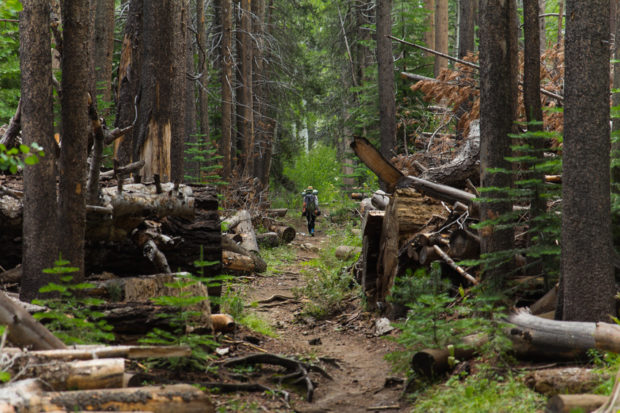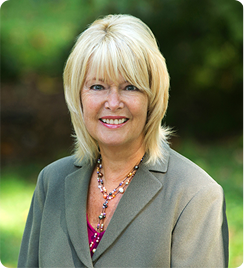
This month I was hiking in the California wilderness with a very rudimentary map. The trail did not seem to match the description given by the park ranger. Much younger people were breezing by me as they climbed the mountainous path. No one was coming back as this was a circle trail. Thus, no local information, no reassurance, no help. I could gauge my distance and estimate if I had enough daylight to make it to the end. But, there were dark rain clouds overhead. What to do?
Adventures in life have beginnings, middles and endings. You start accumulating these experiences early on. If you are fortunate at a young age, you have wiser people around who can help you with the challenges. As you age, you may be less willing to reach out for that help, but could still use it.
The majority of your personal growth occurs in two arenas. Freud said love and work are the two biggies in our lives. As you think back over your life, where are your greatest turmoils and resulting lessons located? I would suspect it’s your relationship and work experiences that most impact who you become. Play can also be a contributor to the development of your unique talents and interests.
“Love and work, work and love, that’s all there is”
Sigmund Freud
So I continued a gradual climb over the rocky, tree rooted trail. Enjoying the blue sky, clear air and gorgeous vegetation. I was at 8500 feet, but the air was sufficient for the task ahead. After a few hours, my enjoyment and the novelty switched to worries of how much farther to the destination and would it get more difficult and storm?
You often want to believe that the worst is behind you and you have clear sailing ahead. My companions and I entertained the idea of turning back. We knew that path and were positive that it would be downhill in that direction. But we had come more than half way. What if we missed something glorious ahead? No one else had turned around. How difficult could it be?
These turning points in life occur on many different paths. Barbara is wondering whether she should leave her marriage. The children are launched and she feels a lack of camaraderie with her husband. Would a change be better or worse?
Mitchell thinks about changing his job and even starting over in a new career. He yearns to learn new things and to make a difference. His current work has grown stale and unimportant.
How do you choose? What process do you take in your decision making? In my dilemma I discussed it over with my fellow hikers. We all felt strong enough to walk the final miles. We expressed a curiosity about possible new vistas ahead and we wanted to test ourselves. How is this similar or different when the arena is not play, but work or love?
Barbara starts talking with friends and family about her marital dissatisfaction. She enters therapy to clarify her thinking and feelings. She prepares for communications with her husband and ultimately suggests couple therapy. Barbara is determining what her options are before she makes a final decision.
Mitchell likewise consults with friends and family regarding his work discomfort. He identifies areas for change and enlists his supervisor and co-workers in a plan. He decides to take some classes and finds a volunteer position that meets some needs.
Both reach outside and inside to get support, identify a vision and take small steps. My hike ended well. We were tired, satisfied and awed by the beauty in the forest. And the storm stayed away. Next time we will be familiar with this trail and can choose it again or pick a new one. The lesson was: it may get worse, but you can handle it.
What challenge lies ahead for you?
Pick a question to take on
Determine the resources needed
Ask for input
Create a plan
Take action and review results
Smooth sailing ahead and see you on the path!







